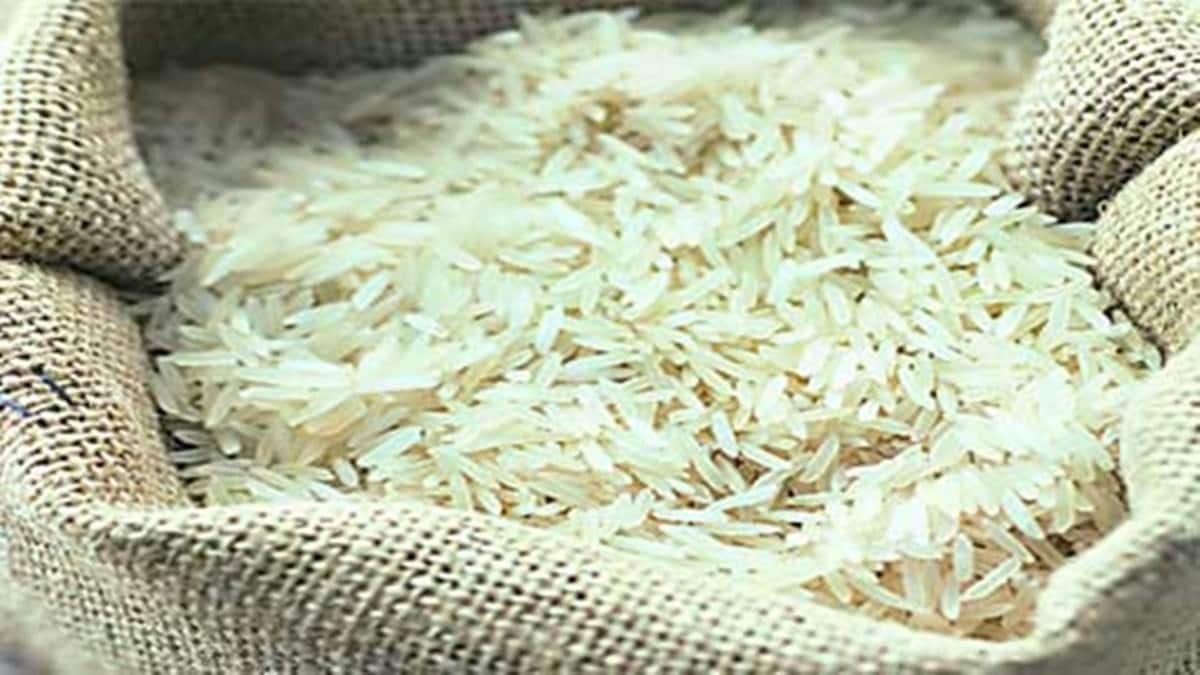Three new basmati rice varieties show high yield
Three new basmati rice varieties, which possess in-built resistance to bacterial blight and blast diseases, thus ensuring lesser usage of pesticides, sown for the first time by farmers of Punjab, Haryana and western Uttar Pradesh this kharif season, have shown promise.
Just a few weeks prior to harvesting, the crop conditions look robust and yields are expected to be higher this season, according to preliminary assessment by Indian Agricultural Research Institute (IARI), Pusa, Delhi.
“Increase in adoptability of new basmati rice varieties amongst farmers in the next couple of seasons, would help recapitulate the country’s basmati rice exports to European Union (EU) which had been hit by several rejection of export consignments due to presence of pesticide residue,” Singh of IARI, an institute affiliated to the Indian Council for Agricultural Research, told FE.
Also read: MCX crude oil Oct futures: Wait for crude to cross Rs 7,150/bbl; check key levels to watchout for next week
Exports of aromatic and long grain rice to the EU have declined to 0.2 million tonne (mt) annually from 0.5 mt a few years back.
IARI had provided seeds of new basmati varieties to around 10,000 farmers in key growing regions in three northern states for helping in seed multiplication from the next season onwards. The varieties have been sown in around 5,000 acres in the current kharif season.
“There has not been any pest attack so far and the crop condition of PB1847 variety is far better than other varieties,” Harpreet Singh, a farmer from Sangrur district, Punjab, who has sown the rice variety in 1.5 acre of his 10 acre of land, said.
According to IARI scientists, new varieties would gradually replace the existing basmati rice varieties PB1121, PB1509 and PB6, which are cultivated in more than 90% of the about two million hectares of aromatic and long-grain rice-grown area.
“Existing key varieties over the years have been susceptible to bacterial blight and blast diseases, leading to excessive use of pesticides by farmers, thus increasing reports of rejection of export consignments due to presence of pesticide residue,” Singh of IARI said.
Also read: Sky-high valuations of unicorns likely to start heading south
Scientists say that for managing bacterial blight disease and blast, farmers use antibiotics and fungicides, which is not a sustainable approach
“Newly-introduced basmati rice varieties are expected to hugely reduce pesticide consumption and improve the quality of rice,” Vijay Setia, former president of the All India Rice Exporters Association and an exporter, said.

Recent Comments